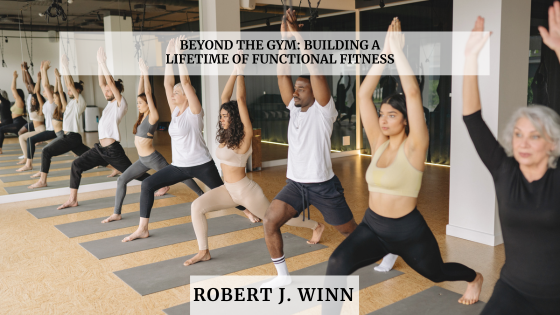When we think about fitness, it’s easy to imagine high-intensity workouts, gym memberships, or the latest fitness trend. But true, long-term fitness isn’t just about sweating through a session — it’s about building a body that supports your life well into your 70s, 80s, and beyond.
Functional fitness is a philosophy that emphasizes movements we use every day — bending, reaching, lifting, walking, or climbing stairs. Unlike isolated exercises that target one muscle group, functional fitness trains your body for real-world activities. It’s not about achieving the “perfect” physique, but about staying agile, mobile, and injury-free as you age.
The Importance of Intentional Movement
Modern life makes it easy to be sedentary. Many of us sit for long periods, and even daily workouts can’t fully counterbalance hours of inactivity. That’s why small, intentional movements matter. Taking the stairs, stretching between meetings, or going for a brisk walk after dinner all contribute to cumulative wellness.
Exercise doesn’t need to be extreme — but it does need to be consistent. A 20-minute bodyweight workout three to four times a week can significantly improve balance, strength, and mobility.
Strength Training: A Non-Negotiable
Muscle mass naturally declines with age, a process called sarcopenia. But strength training, even with light weights or resistance bands, helps slow or even reverse this trend. For adults over 40, two sessions of resistance training a week can enhance bone density, metabolic function, and joint stability.
Fitness as Preventive Medicine
The real win with exercise? Prevention. Regular physical activity lowers the risk of heart disease, diabetes, certain cancers, and cognitive decline. It boosts mood, improves sleep, and helps regulate stress — all without a prescription.
Starting Small, Staying Consistent
If you’re new to fitness or returning after a long break, start small. Choose one or two movements to repeat daily. Track your progress, not just in pounds or reps, but in how your body feels. Can you lift grocery bags more easily? Climb stairs without losing breath?
Fitness isn’t a destination — it’s a lifelong journey. And the goal isn’t perfection, but progress that supports your ability to live fully and independently, every single day.

